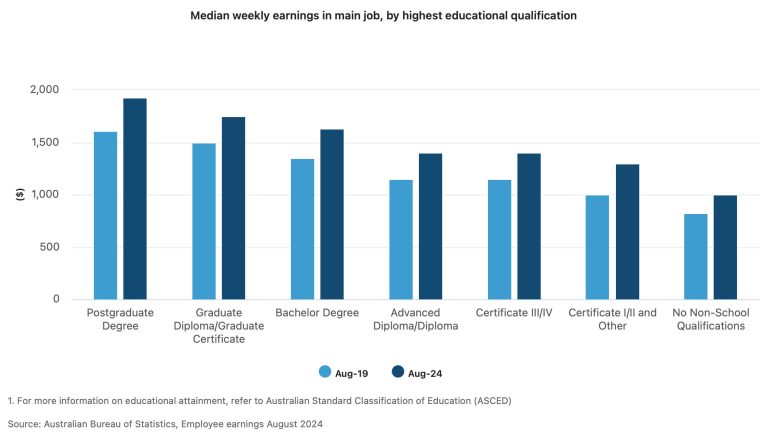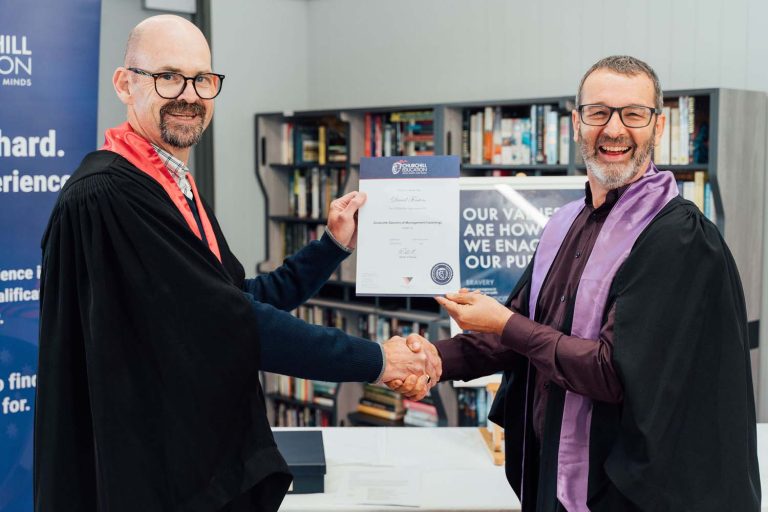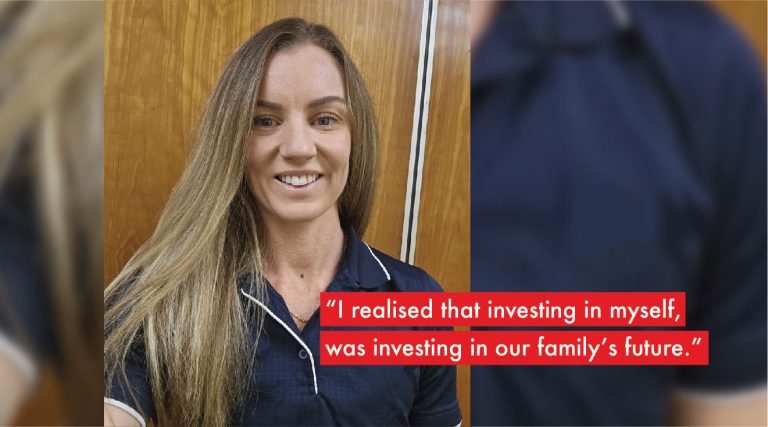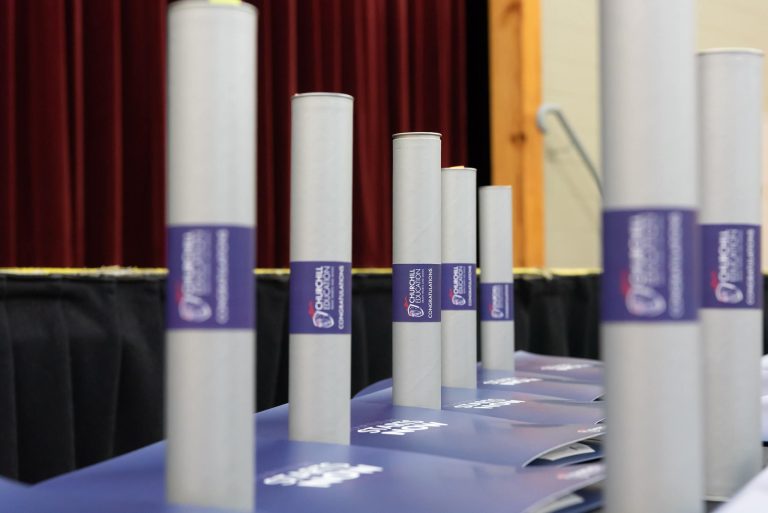Helen Rogerson was Churchill Education’s Human Resources Manager. With over twenty years of experience working with some of Australia’s leading brands across multiple industries, Helen is a fount of wisdom when it comes to all things HR. She downloaded some of her most valuable inside knowledge to give you the inside word on the secrets to a successful job application.
1. Get your resume right
It’s tempting to use your resume as a showreel of everything you have done and can do. Resist! Instead, think of it as your greatest hits. Here are a few pointers:
- Limit it to two pages
- Keep it highline, too much detail can obscure your key selling points
- Customise your resume for each application, highlighting the skills, experience and qualifications that are pertinent to the role you’re applying for
- Format it correctly and structure it logically (check out this website for templates)
- Include contact information for referees who you have worked with recently
- Only list the roles you have held in the last ten years
- Include a summary statement at the top – just a brief snapshot of who you are as an employee, your skills, qualifications and your objectives
- Be concise and clear, and don’t use too much jargon or technical terminology
2. Put the right content in your cover letter
Your cover letter is your opportunity to sell yourself for the specific role you’re applying for. If there are selection criteria, you can address these separately. If there isn’t, you need to address any requirements that are stated in the job ad or description, within your cover letter. Sometimes it may not be possible to address all of the stipulations, so cherry-pick important ones or address a few at once. For example, a job ad may read:
We’re looking for someone who:
- is supportive of their colleagues
- an effective leader
- is good at just getting on with the job
- is able to work well with others
- is fast and accurate
- pays attention to detail
- is results driven
- can communicate well over email
- has a pleasant phone manner
- can give presentations
In response to this, your cover letter could say:
I’m a highly motivated, self-driven worker who communicates effectively across all channels. I pride myself on my integrity, diligence and efficiency. I’m a team player and recently won an internal award for positively contributing to a team goal. I enjoy inspiring, encouraging and collaborating with others to achieve common goals.
Find out what you’re eligible for
3. Let your qualifications speak for you
Qualifications are an effective shorthand for your skills, experience, knowledge and training. They show employers what you are capable of, in a nutshell. Nationally recognised qualifications also carry the seal of credibility, as employers know that they’re regulated by government authorities. Qualifications can be attained through both training or Recognition of Prior Learning (RPL).
As many of you already know, RPL translates and validates what you know and can do, and converts your experience into a format that employers can understand, without you having to explain or try to prove your competence prior to being hired.
Before you start applying for jobs, make sure your qualifications are up-to-date, and that you have the best and highest relevant quals for the career path that you want to pursue.








